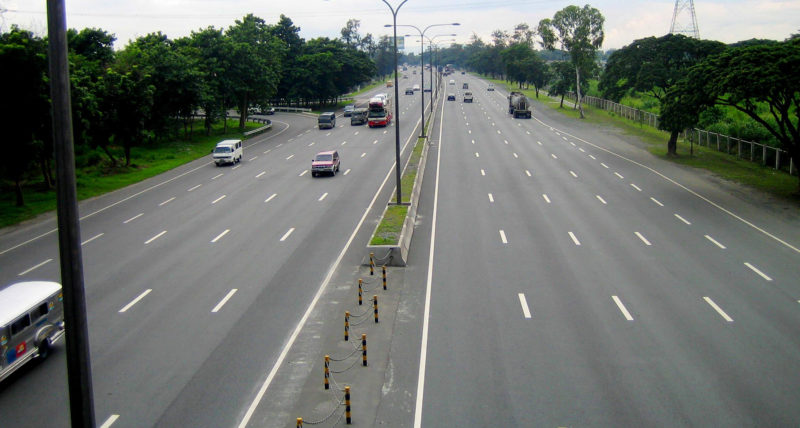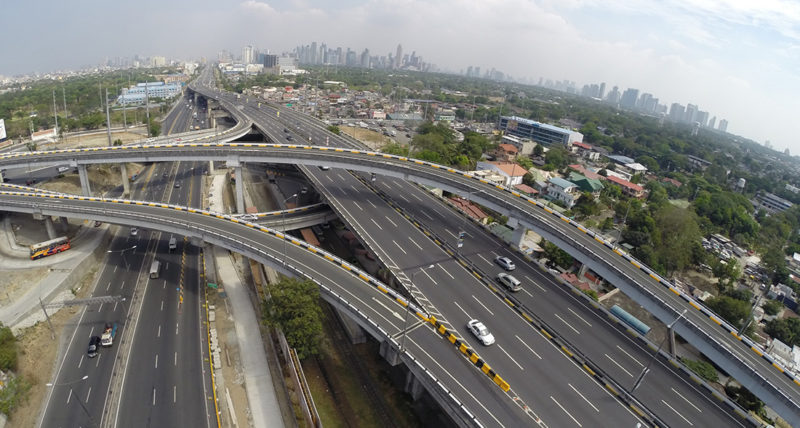
Sluggish trade has affected most markets by dampening volume growth for 3PLs, said Ti’s “Global Contract Logistics 2019/2020 Update.”
Ti now expects the global market to grow at an expected real 2018-2023 compound annual growth rate (CAGR) of 4.6%, only slightly down from its previous prediction of 4.7%.
The report examined the growing concerns surrounding the environment and the differing actions governments are taking to address pollution levels.
“An increasing number of governments are implementing emissions regulations and diesel bans which will have consequences on transport and logistics companies’ delivery operations. These regulations, however, remain inconsistent, even at a national level where regulations can differ within the same country,” it observed.
Ti also looked at the challenges posed to logistics in the complex environment of megacities. No two megacities are the same, some resembling Singapore with high levels of organization, good transport infrastructure, and a prospering economy. Others, however, may develop into cities like Kinshasa in Congo or Mexico City, with relatively high levels of wealth juxtaposed with endemic poverty, poor infrastructure, crime and corruption.
“This creates a complex and ever-changing environment in which logistics providers must navigate and adapt in order to remain efficient,” said the update.
“In developed countries, megacities still prove to be as complex as in emerging markets. Contrary to what people might think, a city being developed and thriving economically does not necessarily equate to having the perfect environment to operate a logistics network, other factors come into play. Population density can be equally as high, inequality can also be prominent and the lack of space available to set up operations is increasingly sparse,” Ti research analyst Cameron Morrison said. “Logistics providers are still faced with many of the same challenges to overcome as in emerging markets.”
In addition, the report explored the implications of “circular fashion” for logistics and supply chains. With fashion supply chains on the verge of a major transformation which will have drastic effects on the associated logistics industry, changes are being thrust upon manufacturers and retailers in the sector.
“There’s increased pressure regarding the negative effects modern practices and culture are having on the environment. The emergence of new markets such as online clothing rental is an example of how reduction of waste in this industry is possible without the reduction of consumerism,” said the report.
Photo by Benjamin Wagner on Unsplash









